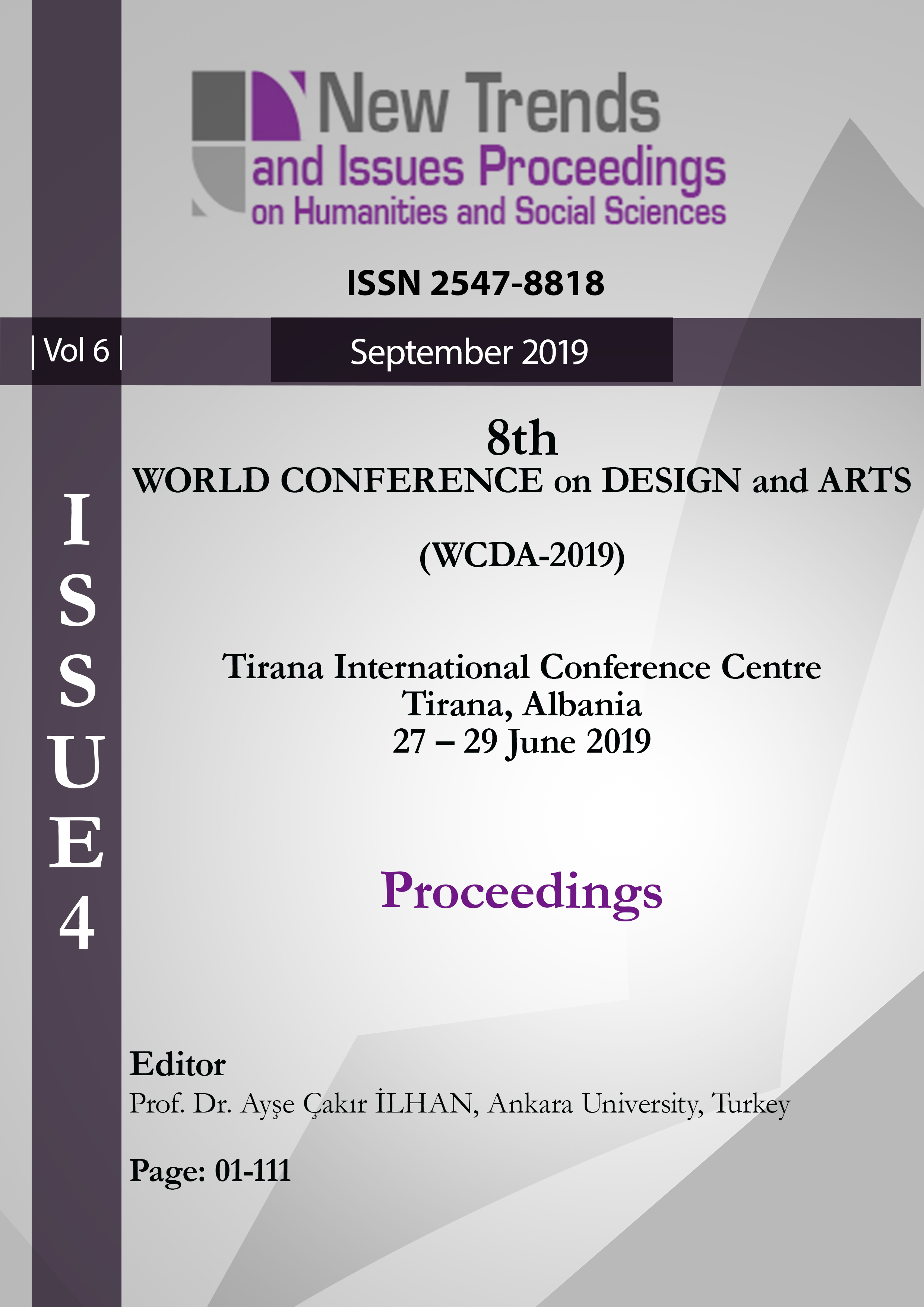Opinions of the workers in the hotel kitchens of Cappadocia region on kitchen hygiene situations
Main Article Content
Abstract
This research was carried out to learn the opinions of workers in the hotel kitchens of Cappadocia region on kitchen hygiene situations. In the scope of the research, 234 kitchen staff from Cappadocia region were surveyed and 28 hotel kitchens were evaluated. Statistical Package for Social Sciences 22 was used to evaluate the obtained data and to prepare tables. The data obtained from the scale used to measure the level of knowledge of kitchen staff are presented as mean and standard deviation. For the presentation of categorical variables, frequency and percentage values are used. The hotel kitchens operating in the Cappadocia region were evaluated according to the hygiene evaluation form consisting of six different sections and hygiene levels were expressed as a percentage of 1,000 points. The result shows that it is absolutely necessary for hotels to apply the HACCP programme and to increase the supervision in the production areas.
Keywords: Hotel, hygiene, sanitation, food security.
Downloads
Article Details

This work is licensed under a Creative Commons Attribution 4.0 International License.
Authors who publish with this journal agree to the following terms:- Authors retain copyright and grant the journal right of first publication with the work simultaneously licensed under a Creative Commons Attribution License that allows others to share the work with an acknowledgement of the work's authorship and initial publication in this journal.
- Authors are able to enter into separate, additional contractual arrangements for the non-exclusive distribution of the journal's published version of the work (e.g., post it to an institutional repository or publish it in a book), with an acknowledgement of its initial publication in this journal.
- Authors are permitted and encouraged to post their work online (e.g., in institutional repositories or on their website) prior to and during the submission process, as it can lead to productive exchanges, as well as earlier and greater citation of published work (See The Effect of Open Access).
